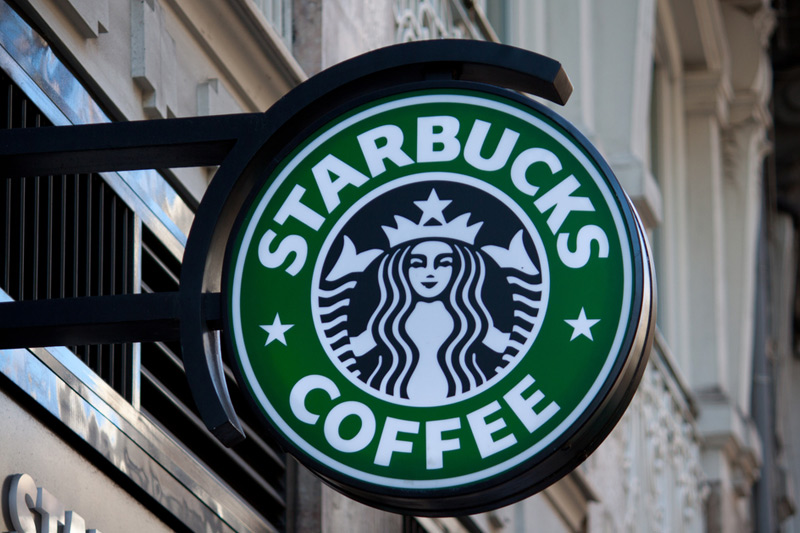By Angelo Young - For much of the past year, European officials have been calling for measures to clamp down on practices they say have allowed big companies to shirk their contributions by planting their profits where they are least likely to be taxed.
Now, the head of the European Commission’s antitrust agency says that not only are these tax avoidance practices keeping governments away from much needed revenue, but they may constitute actual “state aid.”

Here’s how Joaquín Almunia, European Commissioner for Competition, concluded a speech he gave Tuesday during a forum on competition in a global economy:
“Because of the gaps in national tax laws, many of the largest multinational companies pay very low taxes, and they don’t need to break the law to do it. The present state of affairs undermines the fairness and integrity of tax systems and – in the European context – it has several undesirable implications. Among other things, it is socially untenable. How can governments ask ordinary citizens to accept adjustments and pay their fair share of taxes if big companies don’t? . . . A limited number of companies actually manage to avoid paying their proper share of taxes by reaching out to certain countries and shifting their profits there. In those cases where national laws or tax-administration decisions permit or encourage these practices, there might be a State aid component involved and I intend to go to the bottom of it.”
In other words, Almunia is suggesting that the tax policies in certain European Union member states could entail some form of subsidization, which could be considered an anti-competitive practice.
In his comments on Tuesday in Brussels, Almunia pledged to look into whether the tax policies of certain EU member states are being cushioned with “state aid,” which means he will be looking into whether public funds have been spent to keep local corporate tax rates down to lure multinationals away from other European tax jurisdictions.
The commissioner didn’t name names, but two countries in the EU immediately come to mind: Ireland and the Netherlands, whose tax policies are so lucrative to multinational companies that they have earned an entry in the financial lexicon known as “Double Irish With A Dutch Sandwich.” That refers to a tax avoidance practice involving the use of subsidiaries based in both countries, with a company’s global profits filtered through both nations and then sent to a Irish-registered company in a tax haven country, like the Isle of Man or the Cayman Islands.
Even without employing this technique, multinationals like Apple Inc. (Nasdaq:AAPL) and Starbucks Corp. (Nasdaq:SBUX) fell into the spotlight last year for using Ireland and Holland to avoid paying higher tax rates elsewhere.
Much ado was made last year about Apple’s use of its Cork, Ireland-based global headquarters to avoid paying the 35.3 percent U.S. corporate tax rate, the highest of any member of the Organization for Economic Cooperation and Development. The Cupertino, Calif.-based tech giant paid $713 million in taxes on non-U.S. profits of $36.8 billion using Ireland as its international headquarters. That’s a 1.9 percent tax rate.
Starbucks has faced a barrage of criticism recently for employing tax avoidance practices. The Seattle-based company says its U.K. operations are not currently profitable and the company has paid only 8.9 million British pounds (about $14.6 million) in the U.K. between 2009 and 2012, according to The Economist. But the world’s largest café chain has managed to report those losses by having its U.K. subsidiary pay its parent company, based in the Netherlands, royalties for the use of the Starbucks brand and other intellectual properties, and by paying its Swiss-based subsidiary for coffee. It also admits that it negotiated special tax treatment for its Amsterdam subsidiary.
Apple and Starbucks aren’t the only ones in the spotlight of tax avoidance in Europe. Facebook, Google, Oracle, Pfizer, Citigroup and Amazon.com, to name just a few others, have also exploited Europe’s hodge-podge of tax jurisdictions to lower their tax burdens.
